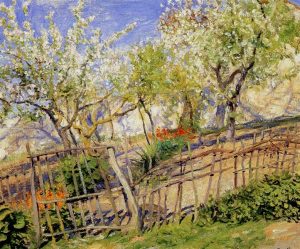Matthew 10:24-39
This text is used for the Lectionary Year A on June 18, 2017.
 Those who think of Jesus as a kind of religious wallflower will be surprised by Matthew 10:24-39. Upon careful consideration of the passage, they will find that their wallflower image of Jesus says more about them than the Jesus Matthew portrays here and elsewhere. A wallflower Jesus allows for a wallflower Christianity. In this passage, Jesus brings the hammer to that kind of Christianity.
Those who think of Jesus as a kind of religious wallflower will be surprised by Matthew 10:24-39. Upon careful consideration of the passage, they will find that their wallflower image of Jesus says more about them than the Jesus Matthew portrays here and elsewhere. A wallflower Jesus allows for a wallflower Christianity. In this passage, Jesus brings the hammer to that kind of Christianity.
There are several threads running through this passage, and depending on which one wants to pull, one can go in several directions. Overall, the picture Jesus seems to be portraying goes like this:
(1) I, Jesus, do things that will get one in trouble.
(2) Inasmuch as you, disciples, do what I do, you’ll get in trouble too.
(3) But don’t worry too much about that as you’ll be taken care of.
(4) If you find yourself overly worried about getting into trouble that means you are confused in one of four ways:
(4a) that the things I do are not so significant that they should cause trouble;
(4b) that who I am is not so significant that what I do should matter very much;
(4c) that the significance of what I do and who I am do not bear on your long-term welfare;
(4d) or, all the above.

